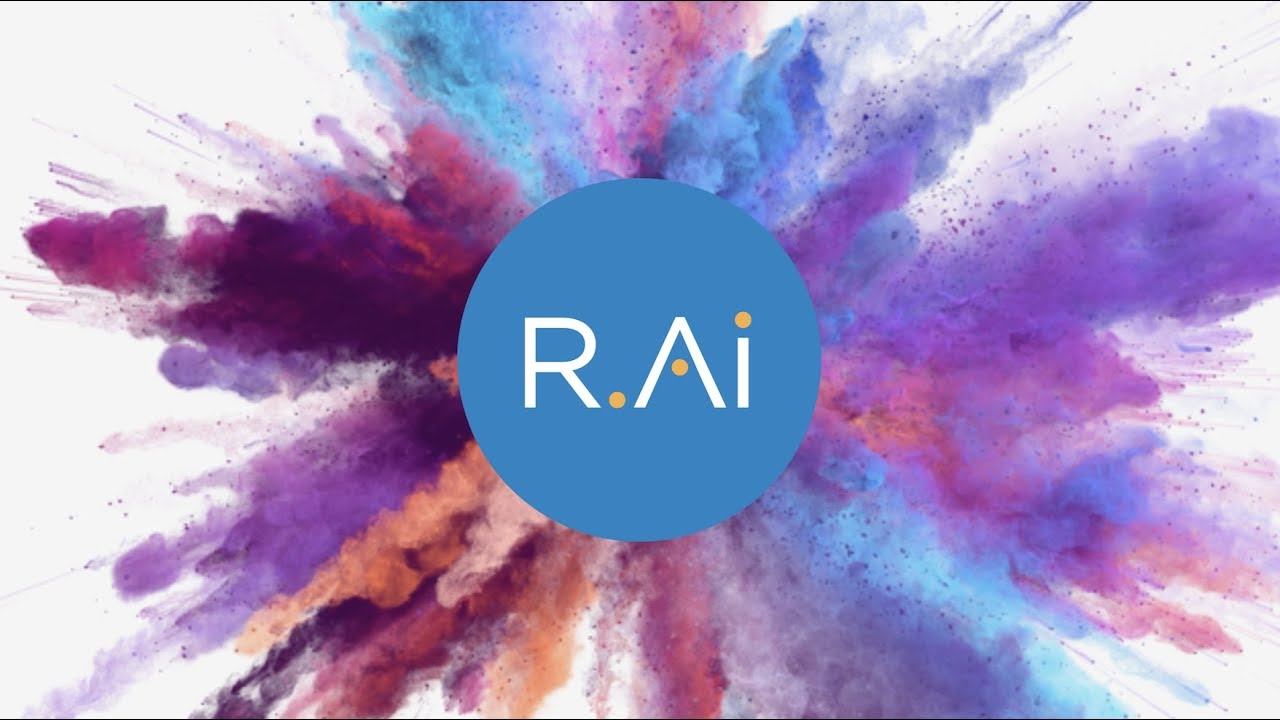The Nigeria’s Agency for Robotics and Artificial Intelligence (RAI): A few pointers
By way of definition; with AI, we seek technologies that enable machines to perform cognitive tasks, such as thinking, perceiving, learning, problem-solving and decision-making; not unlike the human brain. Initially conceived as a technology that could mimic human intelligence, AI hasn’t quite achieved this feat but significant progress has been made. Many tech advances have […]

By way of definition; with AI, we seek technologies that enable machines to perform cognitive tasks, such as thinking, perceiving, learning, problem-solving and decision-making; not unlike the human brain. Initially conceived as a technology that could mimic human intelligence, AI hasn’t quite achieved this feat but significant progress has been made. Many tech advances have helped AI research significantly, including the advances made in data collection and computer processing and computation power. With these advances intelligent non-human systems can now be used for a variety of tasks, leading to enhanced connectivity and productivity. As pointed out in the article of 18 June 2018 in this column, “machine learning is uncovering new ways to increase crop yields for rural farmers.” “Computer vision lets us leverage aerial imagery to improve crisis relief efforts. Natural language processing helps us gauge community sentiment.”
A few facts: It is important to remember from the onset that RAI in its current state has limitations – of course, and that, higher-order human cognitive abilities will not likely be replaced by algorithms and robots. Thus, it is important to be realistic as to what is currently achievable with the technology. In fact, a large proportion of what is currently being referred to as AI merely involves searches and interpolations from huge databases. That is, mapping large amounts of data into actionable decisions, while enabling the use of complex inputs (vision, language, and huge databases) to make decisions and enlarge human capabilities.
It is also important to know that the RAI is significantly interdisciplinary. Any curriculum in RAI must include coursework in computer science, engineering, machine learning, mathematics, social sciences, statistics, symbolic computation, and so on. Thus, in the same manner that AI integrates disciplines from machine learning to natural language processing, the curriculum for AI has to include lecturers from departments or institutes as diverse as computer science, human-computer interactions, software research, language technologies, machine learning, and robotics.
In the hint reportedly given by the Minister of Science and Technology, Dr. Ogbonnaya Onu, regarding the formation of the RAI agency or institute, the minister envisions a research institute or agency that will coordinate all research activities relating to AI and robotics. “The planned agency would work with tertiary institutions in the country,” the minister added. That the minister seems to place the focus on coordinating the RAI research in the country is a bit optimistic as of this moment, because of the insignificant amount of RAI research going on in Nigeria at the present time. More crucial perhaps is the spurring of the research activities in the first place, so that the agency will have something to coordinate.
Given the potential breadth of RAI, each major country might have to customize and define its own brand of AI leadership. In this manner, a country’s unique needs and aspirations could form the basis of a country’s national AI program. It wouldn’t be surprising if Nigeria has a focus that includes these sectors as well. As the country with the largest population of black people in the world, Nigeria’s AI could be mindful of racially-based AI technologies currently in operation in the US and China today. The facial recognition technology can help resolve the security problem in Nigeria.
The RAI deployments call attention to issues of ethics, privacy, security, and racial and gender biases. Previous articles in this column in Daily Trust have discussed these issues in detail. The AI solutions are driven by data, such as those collected on the citizens of a country. Are data collected without a person’s consent? Can a person be identified through the data collected on her? Does the manner of data collection result in discrimination in AI models and asymmetry in data aggregation? These issues have to be addressed.
What is needed is for the tertiary institutions in Nigeria – both public and private – to significantly ramp up their research activities in RAI, with extensive collaboration and “mentorship” from their international counterparts, and to invite foreign experts (preferably from Canada, US, and Western Europe) to lecture at the local institutions. The low-hanging fruit in this aspect is perhaps the diaspora. This could help address the issue of the lack of local broad-based expertise in RAI research. Massive data collection techniques could be learned from other countries, perhaps China. As for the (new) agency of the government, it has to play the role of a catalyst: supporting partnerships, providing huge amount of research grants (money) to tertiary institutions in Nigeria, and as well as serving as the regulatory unit of the government.
